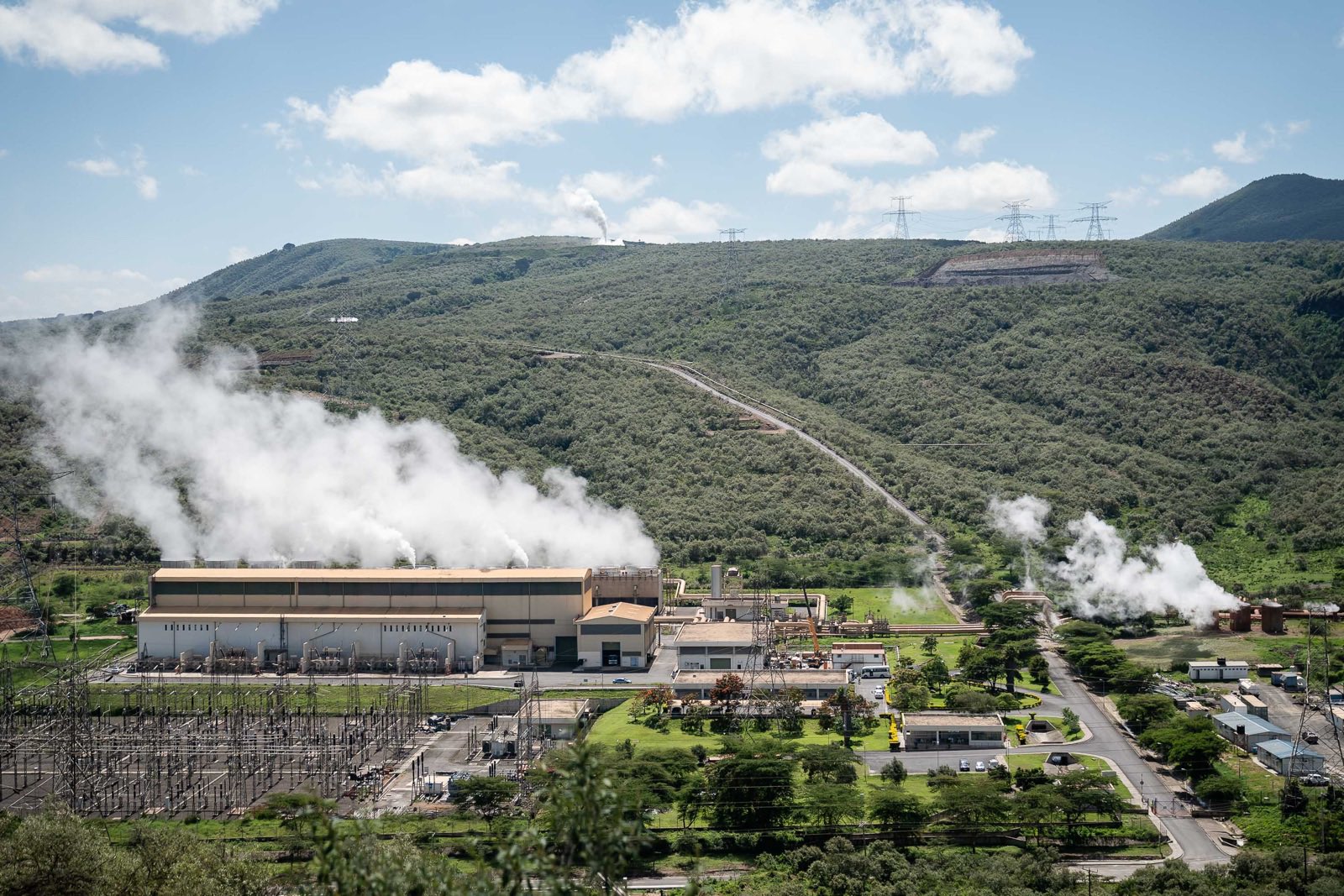Business
Parliament Wants US Electricity Firm OrPower’s Contract Terminated For Exploiting Kenyans
The firm’s troubles with overpriced tariffs aren’t new, as its lucrative deal with Kenya has drawn attention from many and was previously a subject of investigation.

MPs in Kenya have threatened to terminate the contract of US electricity firm Orpower Company Limited over “unjustified expensive tariffs”.
The company has been supplying electricity to Kenya Power since 2000 and has been selling power at Sh18 per kilowatts, compared to other vendors charging Sh7 for every kilowatt.
The Energy Committee of the National Assembly, chaired by Mwala MP Vincent Musyoka, has asked the firm’s top management to explain their expensive rates. Kilifi South MP Ken Chonga called for the termination of the public-private partnership contract between Kenya Power and the US firm, stating it was an unnecessary burden on taxpayers.
The committee has written to the Energy ministry to be appraised on the cost implications of terminating the deal.
Orpower is among firms listed as charging high electricity tariffs that are fuelling the high cost of power to most Kenyans. The firm generates 120 megawatts from its four geothermal wells in Olkaria III Complex.
Orpower’s legal adviser, Lynn Alster, explained that the high cost is caused by the huge cost they incur in updating and maximising the geothermal plants. However, Nambale MP George Mulanya discounted the justification, insisting that the tariffs must be revised downwards.
OrPower investigated
The firm’s troubles with overpriced tariffs aren’t new, as its lucrative deal with Kenya has drawn attention from many and was previously a subject of investigation.
As evidenced in a now deleted story by The Standard, the US Department of State had been asked by the OECD’s Anti-Bribery Convention to open an administrative inquiry into Ormat’s contract with Kenya Power.
The investigation was triggered when anonymous whistleblowers claimed Ormat’s Kenya plant had misrepresented its capacity and had forced its operators to report altered daily meter readings, among other allegations.
While the commission’s report ultimately failed to bring conclusive evidence of corruption, it found certain alarming issues.
In one example, the EACC learned that the amount of power fed to the grid by Ormat’s plants was communicated verbally or through email to the National Control Center, instead of automatedly. The report identified this issue as potentially leading to “erroneous data for the invoice inputs”.
You can see our previous story on the firm here and a detailed research report on the firms dealings in Kenya was previously published by Hidensburg Research Institute and can be accessed freely here.
Kenya Insights allows guest blogging, if you want to be published on Kenya’s most authoritative and accurate blog, have an expose, news TIPS, story angles, human interest stories, drop us an email on [email protected] or via Telegram
-

 Grapevine2 weeks ago
Grapevine2 weeks agoAlleged Male Lover Claims His Life Is in Danger, Leaks Screenshots and Private Videos Linking SportPesa CEO Ronald Karauri
-

 Grapevine1 week ago
Grapevine1 week agoRussian Man’s Secret Sex Recordings Ignite Fury as Questions Mount Over Consent and Easy Pick-Ups in Nairobi
-

 Investigations5 days ago
Investigations5 days agoMulti-Million Dollar Fraud: Three Kenyans Face US Extradition in Massive Cybercrime Conspiracy
-

 Economy4 days ago
Economy4 days agoIran Demands Arrest, Prosecution Of Kenya’s Cup of Joe Director Director Over Sh2.6 Billion Tea Fraud
-

 News3 days ago
News3 days agoTHE FIRM IN THE DOCK: How Kaplan and Stratton Became the Most Scrutinised Law Firm in Kenya
-

 Business5 days ago
Business5 days agoA Farm in Kenya’s Rift Valley Ignites a National Reckoning With Israeli Investment
-

 Business2 weeks ago
Business2 weeks agoM-Gas Pursues Carbon Credit Billions as Koko Networks Wreckage Exposes Market’s Dark Underbelly
-

 Africa1 week ago
Africa1 week agoFBI Investigates Congresswoman Ilhan Omar’s Husband’s Sh3.8 Billion Businesses in Kenya, Somalia and Dubai















